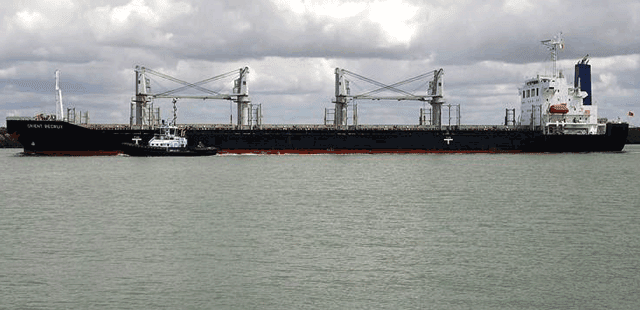ACTU President Ged Kearney said the study provides hard evidence that claims by the Abbott government and employers about high wages and low productivity are simply not true.
“Wages account for only a minor part of sales and services revenue for 90 per cent of businesses,” said Ms Kearney.
“It’s simply not true for employers to claim they can’t afford to open on weekends or public holidays because of penalty rates.
Ms Kearney said labour productivity has also remained steady or improved for 85 per cent of businesses.
“Australians are productive and working hard yet employers and the Abbott government are obsessed with driving down wages and are trying to use the Productivity Commission inquiry to do so.
“The evidence can’t be ignored. This study shows quite clearly that the Productivity Commission inquiry and the Abbott government’s four industrial relations bills are part of an ideological agenda – not based on fact.”
Ms Kearney said the original Australian Workplace Relations Survey was scrapped by the Howard government to hide the effects of its draconian industrial relations laws.
“It’s somewhat ironic that the independent umpire’s first comprehensive study since then busts open the myth that the Fair Work Act is hampering productivity and comes just a week after Tony Abbott launched his own attack on wages and rights at work.”








